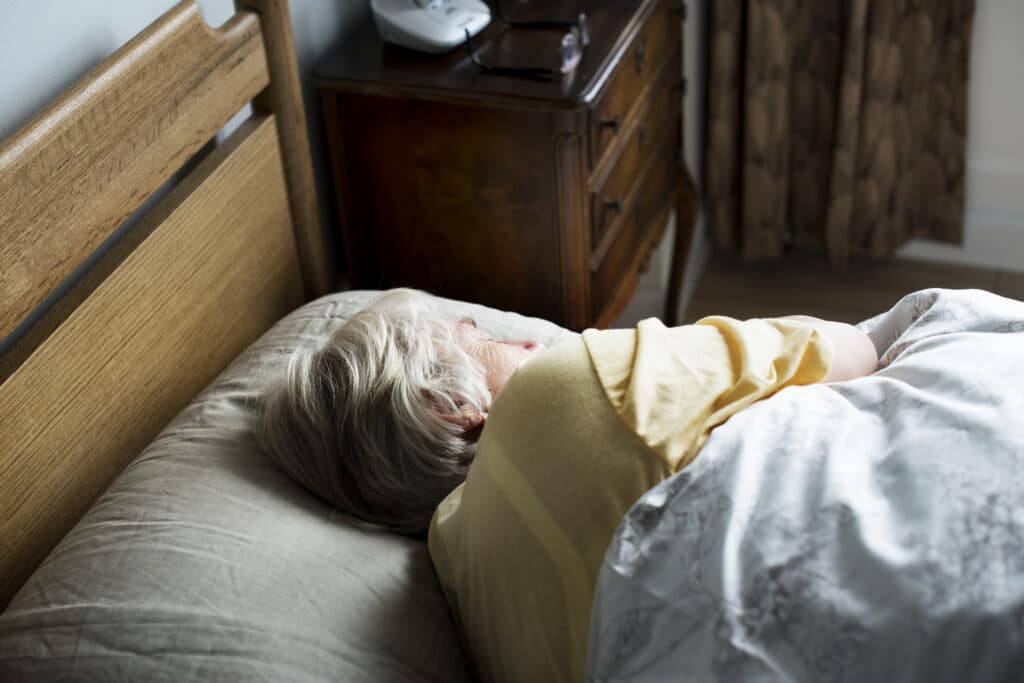The word “trauma” is thrown around a lot these days. But what is it really? And when is it something that needs medical attention? Trauma is an emotional response to a distressing event or situation that breaks your sense of security. It often involves a threat of harm, but not always. Anything that leaves you feeling overwhelmed or isolated can result in trauma.
Most of the time, people deal with fear and anxiety right after the traumatic event, and naturally recover in time. Other times, trauma and stress symptoms go on for weeks, months, or even years. Here’s what the symptoms of trauma often look like:
Emotional symptoms
- Shock
- Fear
- Sadness
- Helplessness
- Guilt
- Anger
- Shame
Physical symptoms
- Feeling dizzy, faint, or shaky
- Fast breathing or pulse
- Racing thoughts
- Changes in sleeping
- Physical pain like stomach or headaches
- Eating more or less than usual
- Increased substance use
When does trauma turn into PTSD?
Most people go through trauma at some point in their life. Only 3 in 10 of those are diagnosed with PTSD. It’s a mental health disorder in which parts of the body and brain overreact or respond to threats.
How is PTSD diagnosed?
People with PTSD have problems that last for a month or longer. It can happen at any age and from many types of trauma. Sometimes the trauma isn’t a single event but is ongoing like domestic abuse.
PTSD can be diagnosed when symptoms last more than a month and interfere with daily life, like relationships or work. Symptoms include:
- At least one symptom of re-experiencing.
Examples are flashbacks, recurring memories or dreams, or distressing thoughts about the trauma. - At least one symptom of avoidance.
This can be staying away from places, events, or objects that are reminders of the trauma. It can also be avoiding certain thoughts or feelings. Substance use can be a type of avoidance. - At least two symptoms of arousal and reactivity.
People with PTSD often feel like they’re always tense or on guard. They may easily startle or be prone to angry outbursts. It can be hard to concentrate. Trouble falling or staying asleep is a common symptom, too. - At least two symptoms of cognition (thinking) and mood.
PTSD can make it hard to remember things about the traumatic event. It can also lead to negative thoughts or emotions, like fear, anger, guilt, or shame. People may feel like they’re all alone. It can be hard to feel happy or to enjoy things like they used to.
What to do if you think you have symptoms of PTSD
If you or someone you care about has been through a trauma and is having these types of symptoms, it’s important to get help.
Freespira is a treatment for PTSD symptoms as well as anxiety attacks. It’s convenient for many people because it’s used at home. There is also one-to-one support from a dedicated coach throughout treatment.
See if Freespira is right for you.




